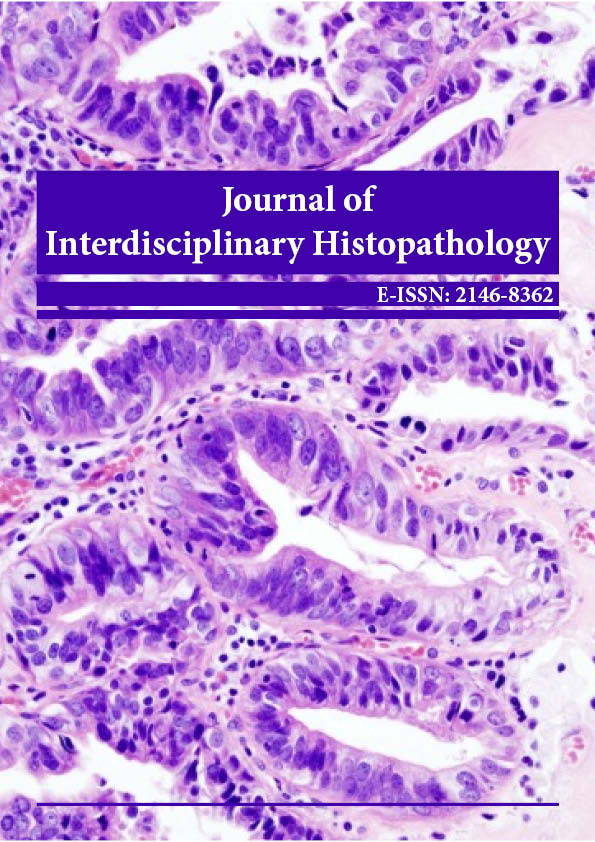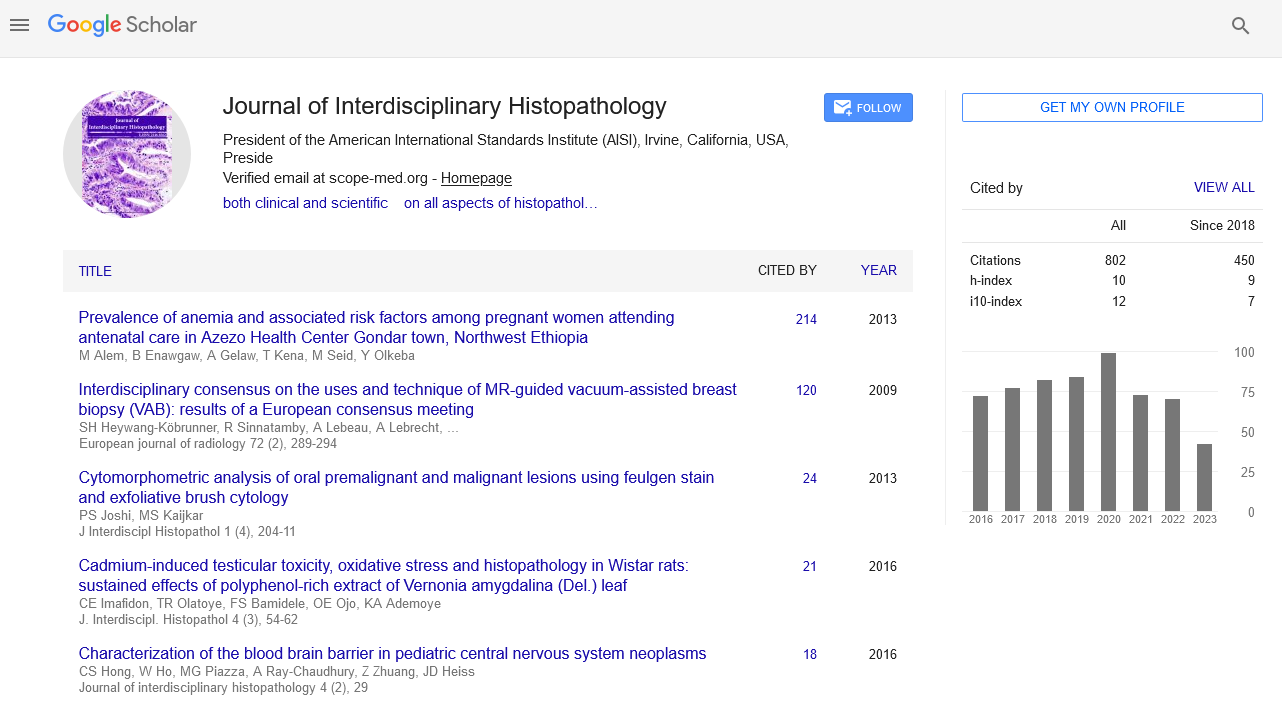Prevalence of anemia and associated risk factors among pregnant women attending antenatal care in Azezo Health Center Gondar town, Northwest Ethiopia
Abstract
Meseret Alem, Bamlaku Enawgaw, Aschalew Gelaw, Tigist Kena, Mohammed Seid,Yadessa Olkeba
Objective: Anemia is a global public health problem affecting both developing and developed countries; approximately 1.3 billion individuals suffer from it. Pregnant women are the most vulnerable groups to anemia. The aim of this study was to assess the prevalence and risk factors for anemia in pregnant women attending antenatal care in Azezo Health Center, Gondar town, Northwest Ethiopia. Methods: A cross-sectional study was conducted at Azezo Health Center from February to May 2011. Red blood cell morphology, Hgb level determination and intestinal parasites were assessed following the standard procedures. Socio-demographic data was collected by using a structured questionnaire. The data entered and analyzed by using the SPSS version 16.0 statistical software. P34, rural residence, history of malaria attack, hookworm infection and absence of iron supplements are significantly associated with increased risk of anemia. The most prevalent intestinal parasite among pregnant women was hookworm 18 (4.7%). Conclusions: In the present study, the prevalence of anemia was low when compared with the previous studies carried out in different countries including Ethiopia. More should be done in respect to the importance of regular visit to maternal care centers and health education promotion programs to succeed more.
PDF





